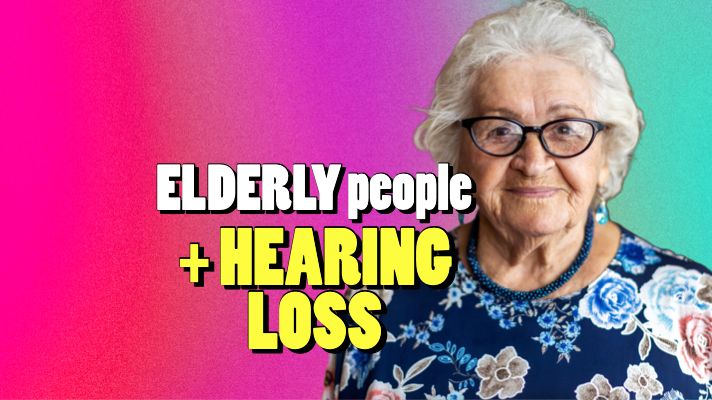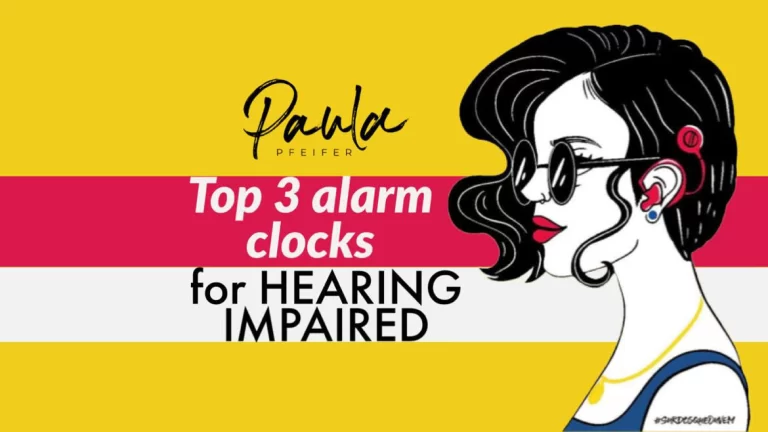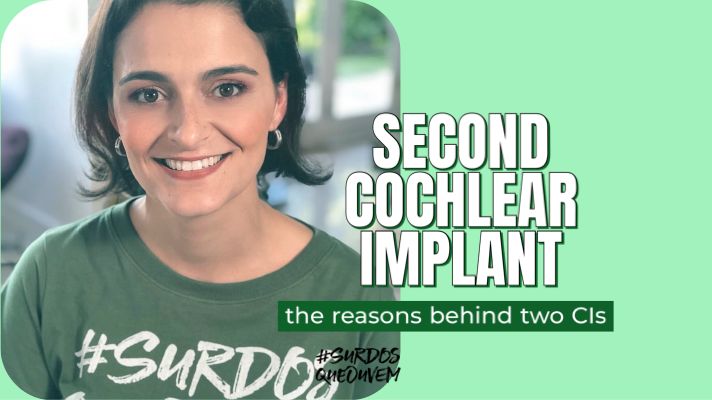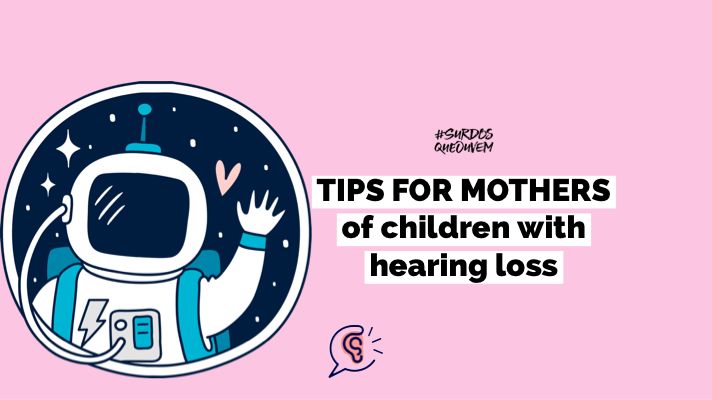Tips for ELDERLY people with HEARING LOSS
I am a deaf person who can hear with bilateral cochlear implants – after 30 years losing my hearing progressively. More than that, I am a deaf person who about ten years ago could barely hear a thing. This is why I must say the way we treat the elderly people with hearing loss is not nice.
Even I have been impatient at times with my dear granny Tereca. If, after having spent a life demanding patience and respect from people around me, I was able to something like that, what about other people?
Elderly people with hearing loss are, first and foremost human beings. They have fears, feelings, anxieties. Most seniors I know really don’t want to cause any trouble to their family members, so it’s very common for them to see their hearing loss as a problem that should be put aside.
The only thing is, it shouldn’t. Hearing health is a serious matter. It has been proved untreated hearing loss may cause depression, speed up Alzheimer’s AND isolate a person from the world.
Only a few families pay attention to the hearing loss of a senior member and actually do something about it, instead of just saying they’re “just old.” Nobody is supposed to be deaf at any age: every human being deserves to listen. To be able to hear is to be healthy!
And not only that: hearing means mental health for our parents, grandparents, and great-grandparents. How could anyone think it is normal to just forget about an elderly person’s hearing loss just because it would mean having to tackle yet another problem? I’ve known quite a few people who acted like this, and I was sad to know these were people who had been helped by those seniors during their whole life. This is just being ungrateful.
So you are not patient and you can’t repeat what you said when your parents, grandparents, or great-grandparents ask you to?
Do you think deafness is “old people stuff”?
Do you get irritated when your parents, grandparents, or great-grandparents ask “what?” multiple times?
Do you joke about your parents, grandparents, or great-grandparents who have hearing difficulties, even if you don’t do it in their presence?
Well, one day you may become deaf yourself. Life expectancy is very high today, and only a few people will not suffer any kind of hearing loss as the years go by. Not many will escape cancer and deafness in this crazy world filled with pollution (including sound pollution). I suggest you to read the World Report on Hearing, a brilliant report made by the World Health Organization to make people aware about the social, emotional and professional impacts of hearing loss.
Here are a few tips for dealing with elderly people suffering from hearing loss:
- Speak in front of the person and move your lips clearly.
- Speak naturally. It is more important to speak slowly than to shout.
- Be direct. Avoid very long sentences.
- If a deaf person asks you to repeat what you said, do it!
- Avoid talking in loud environments.
- Avoid dark environments.
- When you are in a group, ask for everyone to take their turn speaking, instead of having everybody speak at the same time.
- Discuss going to an ENT doctor.
- Take them to do an audiometry.
- Encourage them to use hearing aids.
- Be understanding and helpful while they are adjusting to their devices.
- Contribute to make the use of PSAPs something indispensable, part of their everyday life.
- Engage the whole family in providing quality of life to their elderly relative with hearing loss!
ANY QUESTIONS?
Paula Pfeifer is a brazilian writer. Two of her books about hearing loss, hearing aids and cochlear implants can be found in english and spanish in Kindle.
Support Paula Pfeifer’s work. She is a hearing rehabilitation activist in Brazil and she is deaf herself – two cochlear implants. You can support here!
SOCIAL MEDIA I AM DEAF BUT I CAN HEAR
RECEBA NOSSAS NOVIDADES NO SEU EMAIL
Ver essa foto no Instagram








